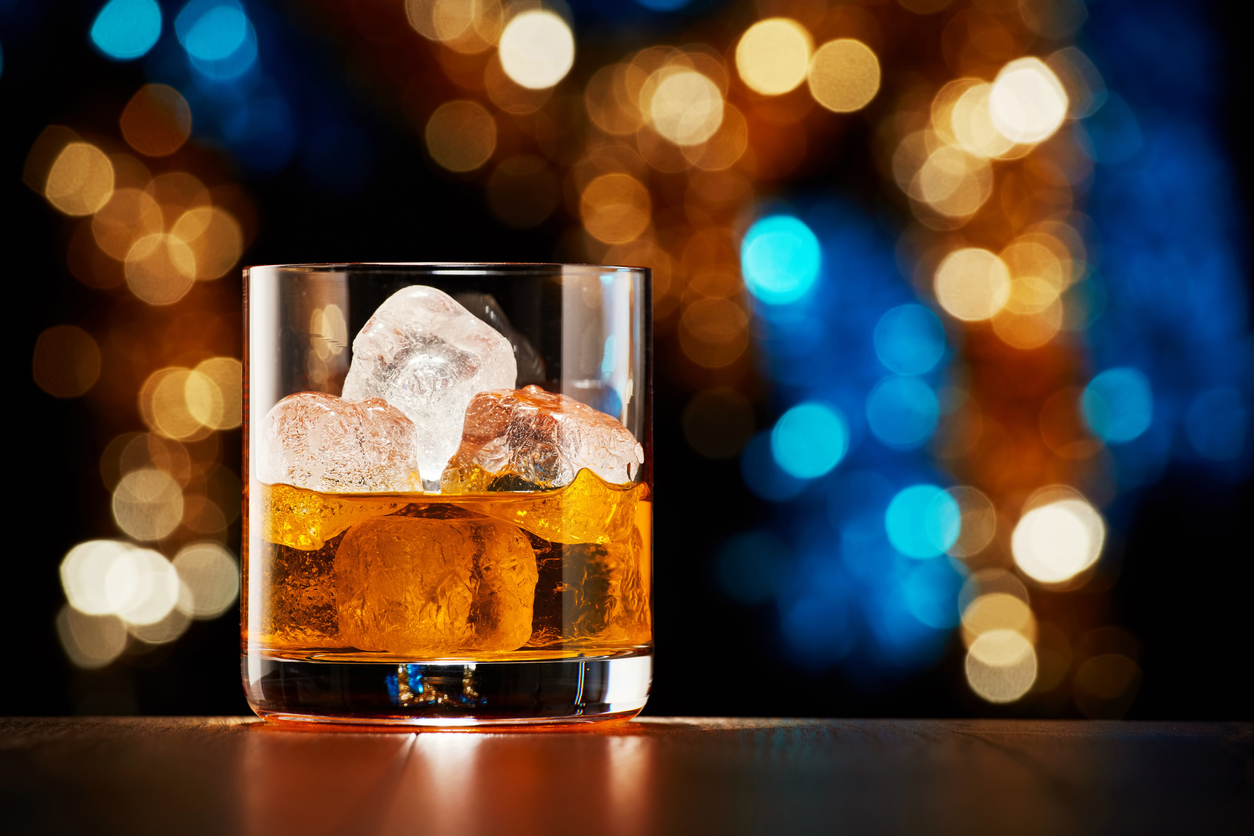What’s Dry January, and Should You Give it a Try?

New year, new goals. If you were thinking about cutting back on alcohol as a resolution, consider joining the millions of people participating in Dry January.
What is Dry January?
Simply put, Dry January is when you give up alcohol for the entire month of January until February 1. It was created by the non-profit Alcohol Change UK in February of 2013 and had 43,000 people pledge to not drink alcohol. In 2017 that number grew to over 5 million. Many of the participants shared that not drinking for the month reversed some of the negative health impacts that came with regular drinking.
What are the health benefits of Dry January?
The benefits of a 31-day break from alcohol may turn 31 days into a lifestyle change. Healthier alternatives and activities may be just what you need to make 2021 a better year.
As a diuretic, drinking alcohol leads to increased restroom breaks and consequently, you may become dehydrated as your body struggles to keep up with the excessive fluid loss. Too much alcohol in the system can spike blood sugar, increase the risk of skin breakouts, and weaken the immune system. Reducing drinking means reducing the risk of liver damage. Less drinking can also mean less unwanted weight gain from liquid calories and can be part of a plan for more nutritious eating.
A study done by the Royal Free Hospital in 2018 showed that a month of not drinking lowered blood pressure, reduced diabetes risk, lowered cholesterol, and reduced levels of cancer-related proteins in the blood. In a study of people who signed up for Dry January in 2019, 70% of participants self-reported that they slept better, 86% said they saved money, and 54% reported that they had lost weight when surveyed later that year.
Does it help with sleep too?
Drinking can have a profound negative impact on sleep quality, especially if consumed too close to bedtime. Contrary to popular belief, alcohol generally makes your sleep notably worse. Alcohol has sedative properties that can create feelings of relaxation and sleepiness, but that doesn’t mean it helps you sleep better.
Alcohol can interfere with rapid eye movement (REM) sleep. This stage is important in storing information, retaining memories, as well as boosting creativity and mood during the day. Too much alcohol can reduce the amount of REM you get for the night by both delaying its start and shortening the duration.
Alcohol can also create other sleep disruptions such as waking up to go to use the restroom during the night. Once you are up, it might be difficult to fall back to sleep, which can impact your overall sleep quality. Alcohol takes a relatively long time to fully metabolize and because of that, your body is not fully focused on sleep. This is similar to what can happen if you eat a large meal before bed. Your body is focused on digesting the food and does not allow you to fully rest and sleep.
Steps to get started
If you’re a heavy drinker, speak with your doctor in advance about the safest way to reduce your alcohol use. For anyone starting out, create a plan to put achieving your goal within reach. One of the easiest ways to make this possible is to tell others about your plans for the start of the year. This will let them know not to offer drinks and keep you accountable. While you’re at it, invite others to join in. Going at it alone is hard enough, and sharing this experience can be a positive way to start the new year.
If you’re cutting alcohol, think about which non-alcoholic beverages you will drink. Water is the easiest go-to, and flavored water or sparkling water can be a good change if you want something different. There are also plenty of non-alcoholic drinks and mocktails that can do the trick if the flavor is what attracts you to the drink. Pro-tip: use a fancy glass to help you enjoy your non-alcoholic beverages!
Whatever you’re drinking, to avoid disrupting your sleep, avoid drinking it too close to bedtime. While it’s important to stay hydrated, try to limit your liquid intake the closer you get to bed to prevent unwanted trips to the bathroom at night.
If you want to better notice the impact that a month without alcohol has, start journaling in December so you can compare your results later. Write down your sleep, moods, behaviors, skin condition, energy levels, and anything else you can think of. As January goes on, write down what you notice, and you may start to see positive changes. It may take some time for your body to get accustomed to the change but over time the benefits will be rewarding!
February and beyond
You made it to the end of the month, congratulations! Some days were easier than others and hopefully, you noticed positive changes in your lifestyle. If you choose to abstain from drinking for another month or even if you just want to cut down on drinking overall, reflect on what worked and what didn’t. There are apps, communities, and groups of people also participating in Dry January who share their tips and experiences!
Happy new year!